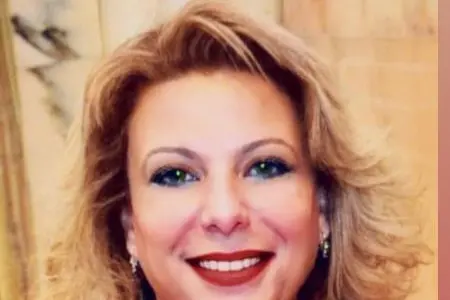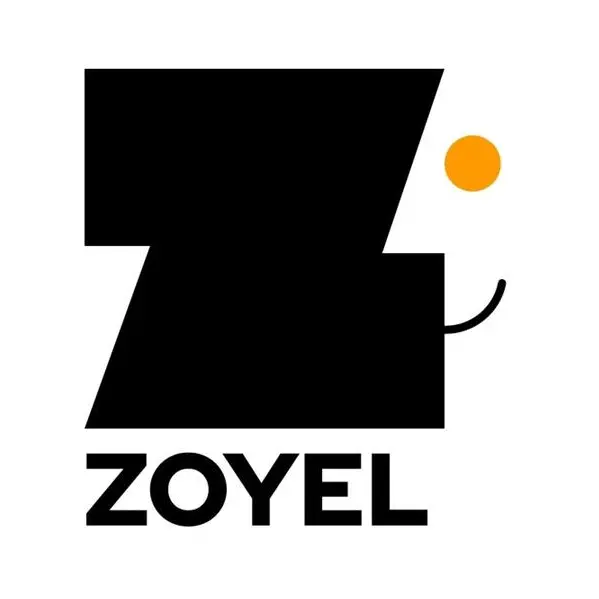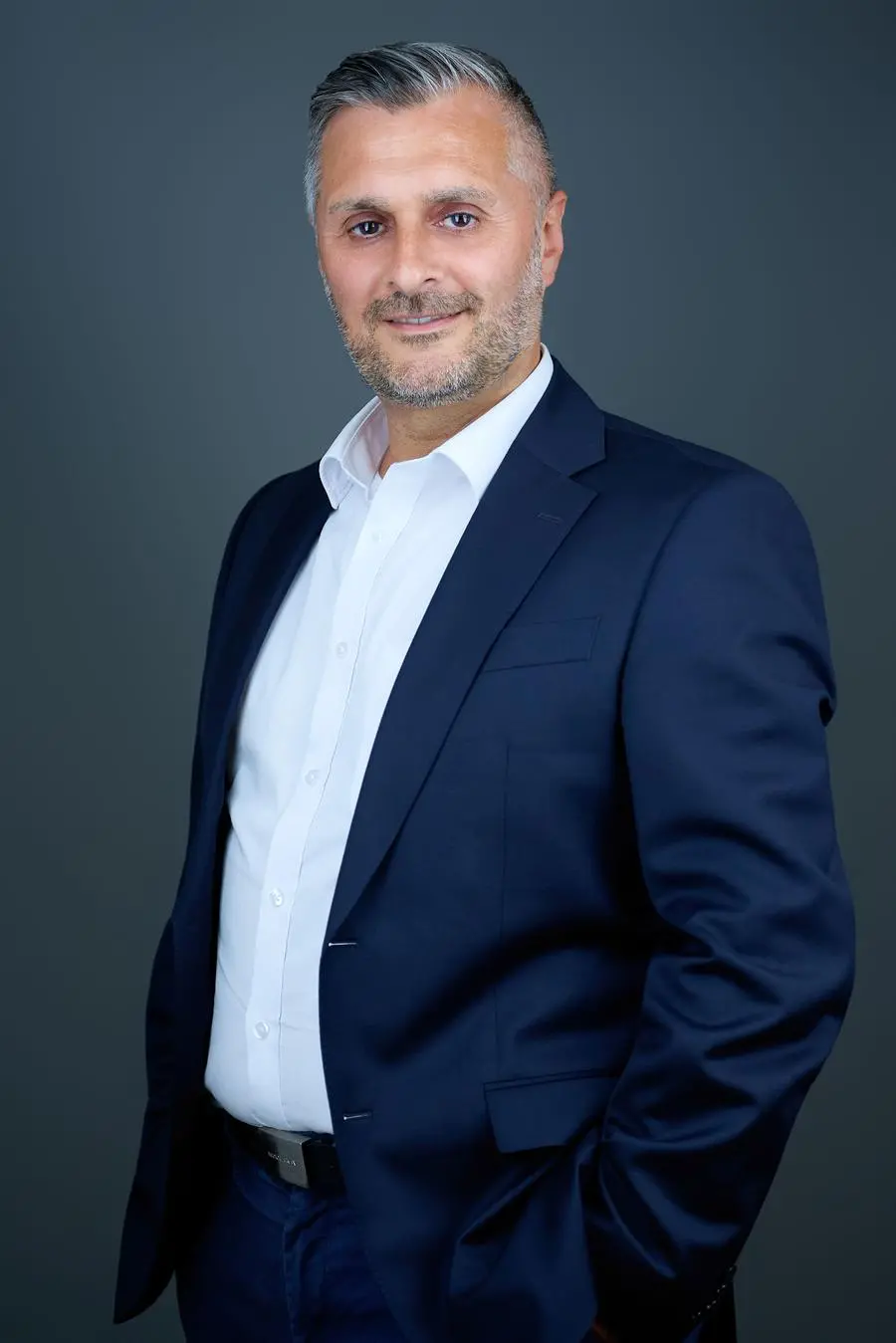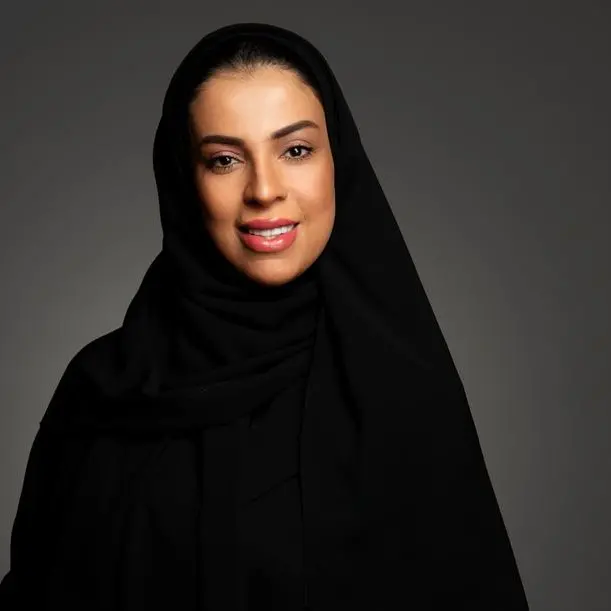PHOTO
Abu Dhabi: During the 7th Education Interface Exhibition and Middle East Youth Conference, held under the patronage of Lt. General His Highness Sheikh Saif bin Zayed Al Nahyan, Deputy Prime Minister and Minister of Interior, Sheikha Dr. Moza bint Tahnoun bin Mohammed Al Nahyan, a faculty member in the College of Business at Abu Dhabi University, and Chair of the College Advisory Board, presented research results regarding the measures taken by the municipal solid waste (MSW) sector during the COVID-19 pandemic, as well as recommendations for future improvements.
Sheikha Dr. Moza stressed the need to intensify research studies on innovative engineering geotextile and soil materials that impede the movement of pathogens arising from landfill waste material in the soil. She discussed the importance of promoting supercritical fluid sterilization technologies, testing the detox technologies to neutralize the virus in soil remediation and medical product applications, and studying the effects of the large quantities of sterilizers and disinfectants on the marine environment. Lastly, she highlighted the need to examine the performance of wastewater treatment plants, as they may be affected by the sterilizers and disinfectants sprayed on city streets and ending in the sewerage system.
This work resulted from a joint research project entitled 'Sustainable Waste Management Strategies for the Covid-19 Pandemic.' The research was presented by Professor Sherine Farouk of the College of Business and Professor Evan Paleologos of the College of Engineering at Abu Dhabi University, who participated in developing the research project. The research also involved collaboration with prestigious universities from the USA, Singapore, Switzerland, France, Scotland, Portugal, United Kingdom, Ireland, Italy, Poland, the Czech Republic, and India. It will be published in the international journal ‘Environmental Geotechnics’, one of the most prestigious global SCOPUS engineering journals of the International Institute of Civil Engineers, with an impact factor of 1.621.
Through the research, Sheikha Dr. Moza assessed the potential of solid waste management technologies during the Covid-19 pandemic. She evaluated the various strategies used worldwide for the collection, transportation, and disposal of household items potentially affected by the virus and identified factors that may assist in transmitting the virus through landfill and soil. Her Highness also referred to multiple proposed solutions for solid waste management during the Covid-19 pandemic and other epidemics that the world may witness in the future.
Her Highness praised the conference as a pioneering platform that brought together various stakeholders in the education sector and appreciated the Ministry of Interior's efforts to highlight education as one of the main pillars on which societies' progress and prosperity are based.
Professor Evan Paleologos presented some of the challenges that the MSW industry has faced during the pandemic. These include special training on handling waste and issuing personal protection equipment (PPE) to all MSW employees, modifying waste collection times to account for the virus's life on waste surfaces, and pausing recycling activities. Waste generation increased significantly during the pandemic, placing significant stress on the MSW sector. In terms of facemasks alone, China, the largest producer of masks globally, increased its production capacity tenfold during the pandemic, with daily production reaching more than 100 million masks. It is estimated that the global monthly use of facemasks is about 129 billion, and these are disposed of as solid waste rather than recycled.
Supporting scientific research is a priority for Abu Dhabi University as part of its strategy to support competitive research locally and globally. It is committed to encouraging and supporting scientific research and applying the highest scientific research standards and innovation in line with the Abu Dhabi Vision 2030. The University has launched several initiatives to improve its research position in the region to support a knowledge-based economy.
As part of its research strategy, Abu Dhabi University has focused on international cooperation with the most prominent universities known for their important scientific research and the integration of scientific research into the teaching system at various levels. According to the index report Scopes, an internationally renowned database specializing in scientific research, Abu Dhabi University has increased its research outputs by 33% annually over the past five years.
On 22 and 23 March, more than 150 education institutions, and some of the best international and local universities, will participate in the exhibition and conference. It will provide them with a unique opportunity to present their institutions and programs of study and other services and educational journeys to more than 15,000 students, parents, adult learners, and higher education learners.
-Ends-
About Abu Dhabi University:
Established in 2003, Abu Dhabi University (ADU) is the largest private university in the United Arab Emirates. With campuses across Abu Dhabi, Dubai, Al Ain, and Al Dhafra, the University has a total enrolment of 7,800 students from over 80 nationalities. Structured into Colleges of Arts and Sciences, Business, Engineering, Law and Health Sciences, ADU offers undergraduate and graduate programs across a wide range of disciplines.
Abu Dhabi University is recognized as a world-class institution committed to excellence in teaching, research and student experience, as evidenced by its prestigious regional and international accreditations. The University was the first private higher education institution in the GCC to earn international accreditation from the Californian Western Association of Schools and Colleges (WASC). ADU's College of Business is accredited by the Association to Advance Collegiate Schools of Business (AACSB) and the prestigious EFMD Quality Improvement System (EQUIS). At a program level, the College of Engineering has received international accreditation from the world-renowned Accreditation Board for Engineering and Technology (ABET), and the Bachelor of Architecture has received Part 1 validation from the Royal Institute of British Architects (RIBA). The College of Health Sciences has earned accreditation from the Agency for Public Health Education Accreditation (APHEA).
According to the 2021 QS World University rankings, Abu Dhabi University ranked among the top 750 universities in the world and placed among the world's top 150 universities under 50 years of age. ADU also earned a top 3 spot globally for international faculty and maintained its long-held position as part of the top 11 universities worldwide recognized for student body diversity.
Media Contacts
Weber Shandwick for Abu Dhabi University
Ghada El Makadma
GElmakadma@webershandwick.com
+971 2 449 4457
© Press Release 2021
Disclaimer: The contents of this press release was provided from an external third party provider. This website is not responsible for, and does not control, such external content. This content is provided on an “as is” and “as available” basis and has not been edited in any way. Neither this website nor our affiliates guarantee the accuracy of or endorse the views or opinions expressed in this press release.
The press release is provided for informational purposes only. The content does not provide tax, legal or investment advice or opinion regarding the suitability, value or profitability of any particular security, portfolio or investment strategy. Neither this website nor our affiliates shall be liable for any errors or inaccuracies in the content, or for any actions taken by you in reliance thereon. You expressly agree that your use of the information within this article is at your sole risk.
To the fullest extent permitted by applicable law, this website, its parent company, its subsidiaries, its affiliates and the respective shareholders, directors, officers, employees, agents, advertisers, content providers and licensors will not be liable (jointly or severally) to you for any direct, indirect, consequential, special, incidental, punitive or exemplary damages, including without limitation, lost profits, lost savings and lost revenues, whether in negligence, tort, contract or any other theory of liability, even if the parties have been advised of the possibility or could have foreseen any such damages.




















